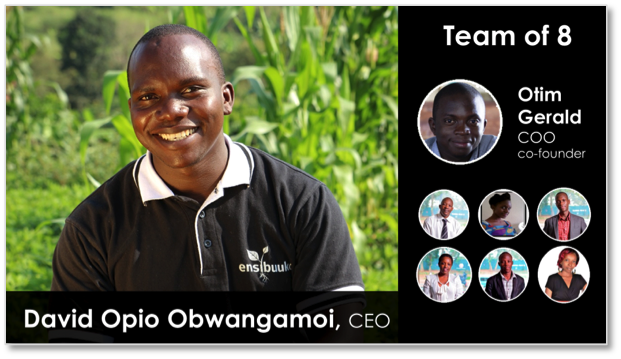It takes a great team to create a great company.
ASK ANY PROFESSIONAL investors what they look for in an investment, and the first answer is team. Press them for what is second most important, and the answer is also team. In other words, savvy investors care far more about the team than anything else.
Many investors have said that they’d rather bet on an “A” team with a fair idea than a “B” team with a great idea. The reasoning is that they expect the “A” team to not only find the flaw in their idea, but then to use their talent to find and execute a better plan quickly. All teams face many issues and make multiple mistakes, and the stronger teams will outperform the weaker teams.
Given the importance of teams, it is thus imperative that you highlight the strength of your team in your pitch. This is not a time to be modest. Nor is it a time to exaggerate. Highlight your strengths and experiences. In the verbal part of the pitch, explain how well the team members complement each other and how well they work together. Make the audience believe this is the right team to be delivering your solution.
Include the logos of any important companies that your team has worked at or with before. If the team has worked together previously, point that out. If the members have won any awards or earned any special recognition, include those details.
RULE 34:
Show off your team, without modesty or boastfulness.
I
If your team is missing a key role, then during the investor pitch it is good to point this out. After all, you are expected to spend the money raised from investors, and spending it on filling a gap in personnel is a good use of funds.
And don’t forget your advisors. They are part of your team, too. If they are people known to your audience, spend a moment to point that out when pitching. If your advisors are not well-known, you can simply say, “We have a great advisory team, too,” and move on.
Ensibuuko—[The Team]

“The Ensibuuko team is well experienced in this field. This is Opio’s third startup. Both he and Gerald are not just trained in finance; they are also part-time farmers and thus directly understand the issues facing other farmers. The same is true for the other six members of the team, who spend most of their days out in the field talking with SACCOS, which, remember, are co-operatives run by other farmers, not bankers.”
It is often the case that the team doesn’t have as strong a fit as Ensibuuko’s team. If your team’s experience is not obviously aligned with your plan as well as this, find other strengths to highlight











